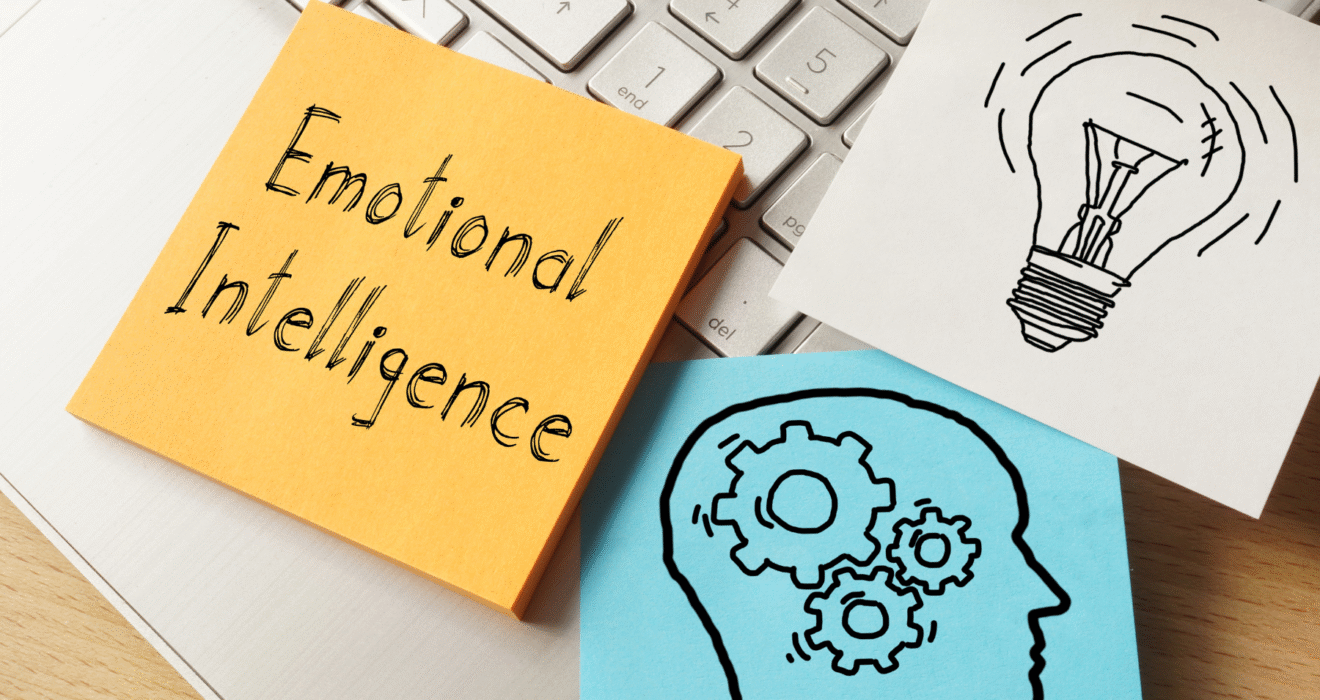Emotional Intelligence
Developing and exercising emotional intelligence is more than just managing your emotions. At Compassionate Solutions, each team member is encouraged to be their authentic self, while also upholding the shared values of the organization.
Dr. Daniel Goleman, an author, psychologist, and science journalist, groups emotional intelligence into five components:
- Self-awareness
- Managing emotions
- Self-motivation
- Empathy
- Handling relationships
The ability to master these five components is contingent upon one key concept – accountability. Accountability is defined as an obligation or willingness to accept responsibility or to account for one’s actions.
Accountability and building your emotional intelligence are critical for advancing in your healthcare career. Being self-aware affords you the ability to recognize and know your true self. Effectively managing your emotions allows you to pause and think before reacting instinctively. Empathy and cautious handling of relationships allow you to improve communication with others to ensure success in any situation.
Tips for Growing your Emotional Intelligence:
Reflect on your experiences. There are so many interesting and unexplainable situations that you encounter as a healthcare professional. Consider journaling your day at work so that reflection can take place. Reflecting allows you to consider your emotions and how they influenced the decisions that you made for the day. When reading back on your day, you can fully replay your day, and analyze what you felt and why you felt the way that you did.
Empathize. Often when we feel like we are empathizing with our patients and colleagues, we are actually sympathizing. Brene Brown gives a great example regarding empathy vs. sympathy in this video. A key takeaway when discussing empathy vs. sympathy is, empathy acknowledges and feels whether that be silence or a hug, while sympathy is dismissive.
Learn. Listen. Grow. Take time to read books on Emotional Intelligence. A great start is “Emotional Intelligence: Why It Can Matter More Than IQ” by Daniel Goleman.
We do not go into healthcare to harm, we go in to heal – and healers need help too!



